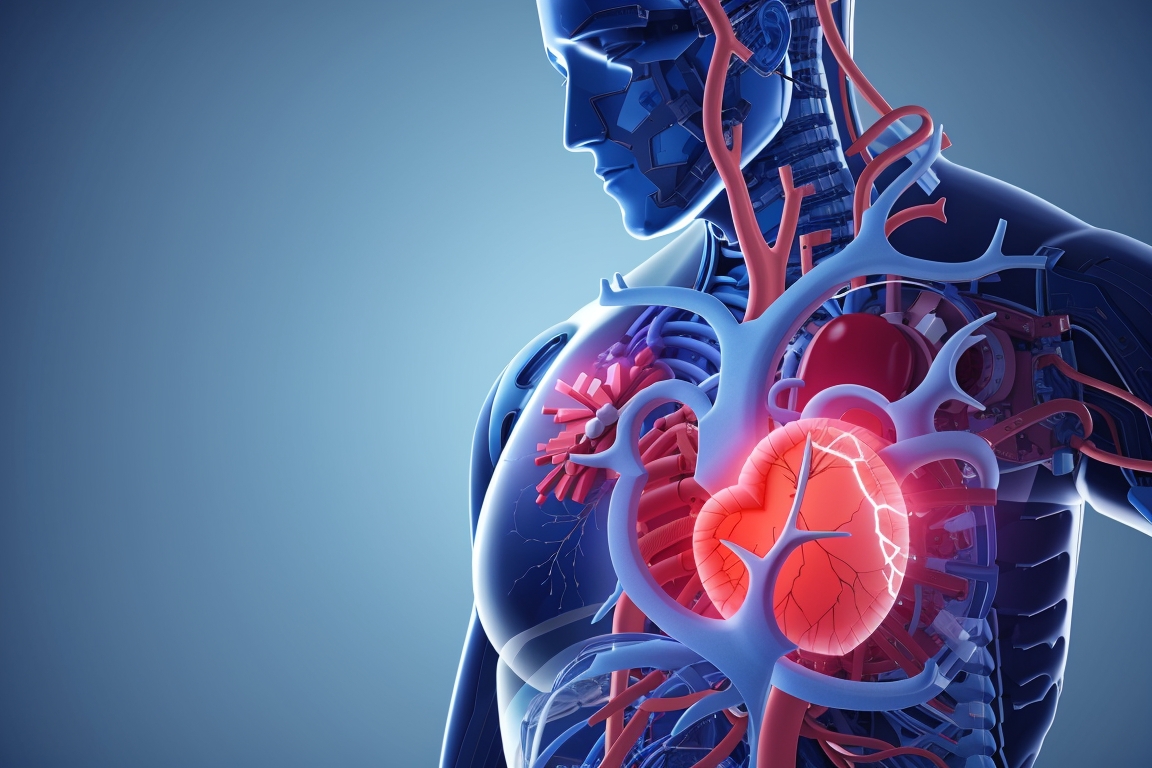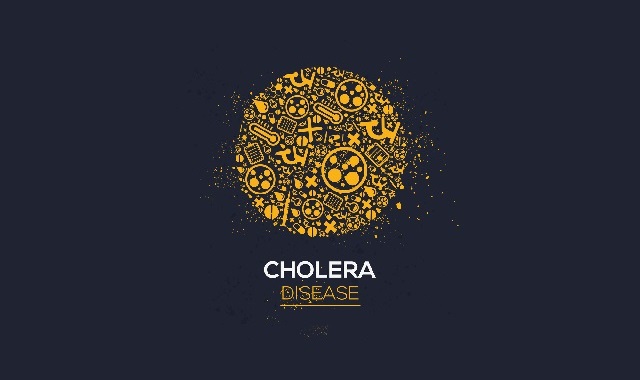WHAT IS LUNG CANCER? AND WHY YOU SHOULD QUIT SMOKING?
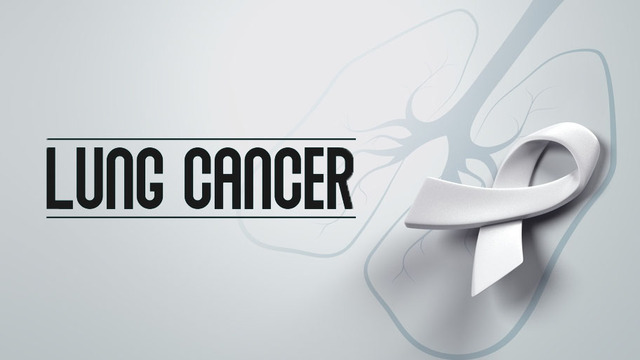
Hi, everyone, knowledge buckets is here with another hot topic. Today, we’re going to dive into a topic that’s important for everyone to know about – lung cancer and smoking.
We’ll answer some of your burning questions and help you understand the facts. Understanding Lung Cancer To get started, let’s first know what lung cancer is? Our lungs are like spongy organs inside our chest that help us breathe. Cancer happens when some cells in the lungs start to grow out of control. These cells act differently from normal ones and can make us sick.
There are 2 main types of lung cancer:
● Non-small cell lung cancer (NSCLC): About 80% to 85% of lung cancers are NSCLC. The main subtypes of NSCLC are adenocarcinoma, squamous cell carcinoma, and large cell carcinoma.
● Small cell lung cancer: Small cell lung cancer occurs almost exclusively in heavy smokers and is less common than non-small cell lung cancer
Our KB team did an extensive research about how smoking backs up lung cancer. Here’s the truth about everything. Smoking can lead to some pretty serious problems like COPD, emphysema, and lung cancer.
That’s not all – it can give you smelly hair, bad breath, stinky clothes, a horrible raspy cough. Make it impossible to run without getting out of breath every few yards, gives yellow teeth.Trust me, it’s not going to make you very pleasant to kiss. So, all in all, it’s just not worth it.
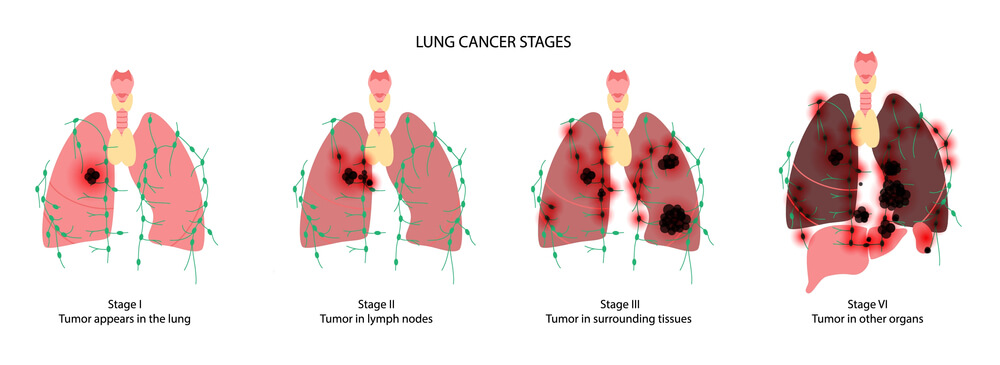
Now, if we could give some advice to all you fresh, young minds out there, it would be this. Don’t even think about starting smoking: It’s extremely harmful.
And for those of you who might be adults smokers and worry that your kids will follow in your footsteps.Here’s an interesting fact. You could consider moving to New Zealand because there, kids born after 2008 aren’t allowed to purchase cigarettes. Read this news headline below.
It’s a place where they take some extra steps to protect young people from this harmful habit.

Let’s delve into the realm of lung cancer and smoking. Exploring how you can prevent yourself from constantly feeling out of breath. Lung cancer is a formidable adversary. Its connection to smoking has been a matter of concern and intrigue for a long time. Achieving lung cancer smoking cessation is the crucial step toward a healthier future.
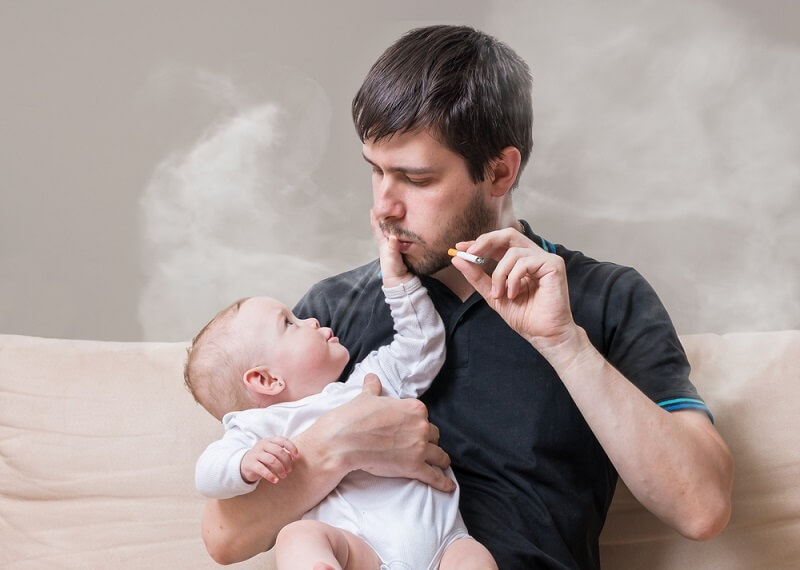
IS LUNG CANCER FROM SMOKING HEREDITARY?
Cigarette smoking is the primary culprit, responsible for more than 70% of lung cancer cases.
When you inhale cigarette smoke, loaded with cancer-causing substances. Like carcinogens, it triggers changes in your lung tissue almost immediately. Over time, this damage can make your lung cells act abnormally. Potentially leading to the development of cancer. Just like you can see in below image.

LUNG CANCER CAN IMPACT NON-SMOKERS
Did you know that lung cancer can also affect people who have never smoked. Even those who haven’t been exposed to secondhand smoke for long periods. In such cases, the cause of lung cancer may not be clear.
There are other factors that can contribute to lung cancer as well:
- Radon, a radioactive gas that can seep into buildings through small openings.
- Genetic mutations that can increase the risk of developing lung cancer.
- Occupational exposure and pollution, chemicals and substances used in various jobs and industries may raise your risk. These include arsenic, asbestos, beryllium, cadmium, coal and coke fumes, silica, and nickel.
- Frequent exposure to diesel fumes over many years can also increase your risk.
It’s crucial to understand that while these factors can elevate the risk of lung cancer. They don’t guarantee that someone will develop the disease.
The development of lung cancer is a complex interplay of genetics, environment, lifestyle, and more. Some people with these risk factors never develop lung cancer, while others with no apparent risk factors do. It’s like a multifaceted puzzle with many pieces.
DOES SMOKING CAUSE LUNG CANCER? OR DOES IT INCREASE THE RISK OF LUNG CANCER?
Absolutely, smoking is undeniably a major risk factor when it comes to lung cancer. It exposes your lungs to harmful chemicals that have the potential to give rise to cancer cells. In fact, I’d go as far as to say that smoking cessation for lung cancer should be a law.
The relationship between smoking and lung cancer is incredibly strong. People who smoke are 15 to 30 times more likely to develop lung cancer than those who don’t smoke. The longer you smoke and the more cigarettes you smoke, the higher your risk becomes.
When you inhale tobacco smoke. Lungs are flooded with thousands of chemicals, many of which can damage the DNA in your lung cells. Your body tries to repair this damage, but over time, smoking can cause more harm than your body can repair. This can eventually lead to the formation of cancer cells.
It’s a startling fact that around 90 percent of lung cancers can be attributed to smoking. It’s essential to remember that not every person who smokes will develop lung cancer.
The good news is that quitting smoking can significantly reduce your risk of developing lung cancer. People who quit smoking can lower their risk by 30 to 50 percent within 10 years of quitting, compared to those who continue to smoke. So, if you’re a smoker, consider taking steps to save yourself from this global threat – lung cancer.
CAN LUNG CANCER HAPPEN WITHOUT SMOKING? A SHORT STORY ABOUT MY AUNT
But what about individuals like my aunt, Naseem. She was a lung cancer patient for at least three years, despite never smoking . Her experience raises important questions about the causes of lung cancer in nonsmokers. Which is a significant health concern in the United States. The fact is, lung cancer can indeed occur in non-smokers.
No doubt smoking is a major contributor to lung cancer. Approximately 10-15% of cases occur in nonsmokers with no apparent exposure to toxins.
Researchers are actively studying patients of lung cancer. To better understand the genetic and environmental factors that may lead to lung cancer in non-smokers.
So, yes, it’s important to know that lung cancer can happen even if you haven’t smoked a single cigarette in your life.
Now, let’s delve into some more details. According to the Centers for Disease Control and Prevention (CDC) in the United States each year are diagnosed in people who have either smoked very few cigarettes or have never smoked at all. While smoking remains the primary risk factor, it’s not the only cause. Here are some other factors that can lead to lung cancer in non-smokers:
- Radon Gas: This radioactive gas is a significant cause of cancer among non-smokers.
- Secondhand Smoke: Breathing in secondhand smoke can result in lung cancer. Approximately 7,000 adults die each year in the U.S. from lung cancer caused by exposure to secondhand smoke.
- Air Pollution: Living in areas with heavy traffic and air pollution can slightly increase the risk of developing lung cancer.
- Other Carcinogens: Certain cancer-causing agents like uranium, asbestos, and diesel exhaust can contribute to lung cancer in non-smokers.
- Genetics: Changes in lung cells can also lead to lung cancer in individuals who have never smoked.
LUNG CANCER FOUND IN NON-SMOKERS
Types of lung cancer that are more commonly found in non-smokers include
- Adenocarcinoma: This is a type of non-small cell lung cancer (NSCLC) that starts in lung cells that make mucus. It accounts for 50–60% of lung cancers in nonsmokers
- Squamous cell carcinoma: This is also a type of NSLCL. It starts in cells that line the airways of the lungs. Approximately 10–20% of nonsmokers with lung cancer have squamous cell carcinoma1.
- Small cell lung cancer (SCLC): This type of lung cancer rarely affects those who do not smoke. Among those with lung cancer who do not smoke, only about 6–8% have SCLC1.
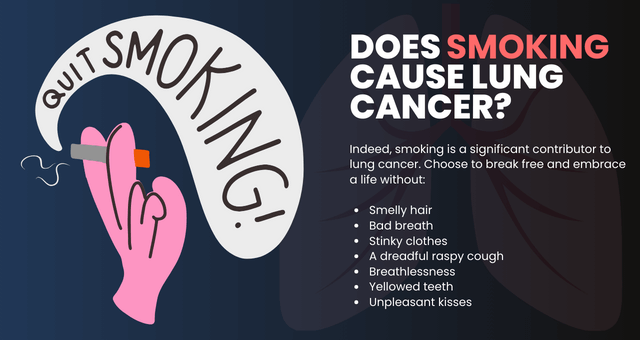
CAN LUNG CANCER CAUSE SMOKE?
Lung cancer does not cause smoke; it’s actually the other way around. The relationship between smoking and lung cancer is as follows: smoking can cause lung cancer. When you inhale cigarette smoke, you expose your lungs to a cocktail of cancer-causing substances, known as carcinogens.
These harmful agents initiate changes in your lung tissue almost immediately. Over time, the damage inflicted by these substances can progress into the development of lung cancer.
No, lung cancer itself does not increase smoking. However, a diagnosis of lung cancer often serves as a powerful motivator for individuals to quit smoking. It’s a critical step that can improve their prognosis and overall health.
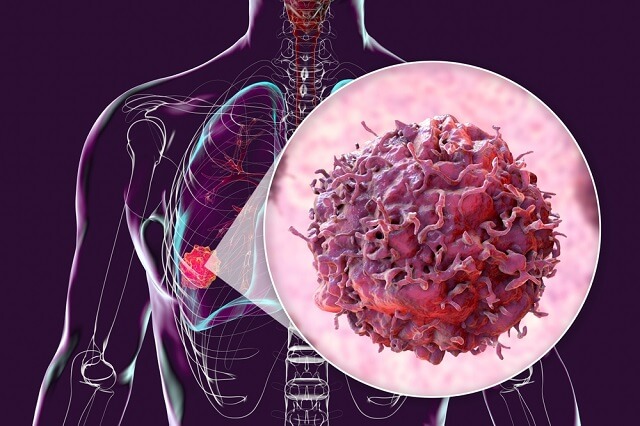
WHAT HAPPENS IF YOU HAVE LUNG CANCER AND STILL SMOKE?
If you have lung cancer and continue to smoke, it can seriously harm your health and affect your treatment results. Let’s explore the impact of smoking while dealing with lung cancer.
- Poorer Outcomes from Lung Cancer Treatment: Smoking can lead to hypoxia, which is a lack of oxygen in the body or a specific body part. This lack of oxygen can result in poorer outcomes from treatments like radiation therapy and immunotherapy.
- Interference with Chemotherapy: The toxins in tobacco smoke may cause cellular changes that affect how chemotherapy drugs are metabolized. This interference can potentially make chemotherapy drugs more toxic or less effective.
- Increased Risk of Complications: Smoking can raise the risk of complications from surgical procedures and slow down the healing process.
- Increased Risk of Secondary Cancers: Smokers who have already been diagnosed with lung cancer are at a higher risk of developing a second lung cancer.
- Worsening Lung Cancer Symptoms: Continued smoking can exacerbate the symptoms of lung cancer, such as shortness of breath and coughing.
- Reduced Physical Function: Smoking can decrease lung function and overall physical fitness, making it more challenging for patients to cope with the physical demands of cancer treatment.
Quitting smoking after a lung cancer diagnosis can improve prognosis and increase survival rates. It’s never too late to quit, and there are many resources available to help.
IT’S ESTIMATED THAT APPROXIMATELY 90% OF LUNG CANCERS CAN BE ATTRIBUTED TO SMOKING
WHEN WAS LUNG CANCER LINKED TO SMOKING?
The connection between smoking and lung cancer was established through decades of painstaking research in the mid-20th century. The initial studies, which began in the late 1940s, were driven by a profound sense of urgency and compassion for the countless individuals suffering from lung cancer.
The Medical Research Council published a special report in 1957 that found a ‘direct cause and effect’ relationship between smoking and lung cancer, contributing to the ongoing lung cancer study.
Yet, it was the 1964 Surgeon General’s report that left an indelible mark on history, a watershed moment infused with a potent blend of determination and sorrow. This report unequivocally declared the connection between smoking and heart and lung cancer in men, prompting a surge of intense emotions among those who had fought tirelessly to reveal the truth.
Lung cancer is the leading cause of cancer deaths worldwide. People who smoke have the greatest risk of lung cancer, though lung cancer can also occur in people who have never smoked. The risk of lung cancer increases with the length of time and number of cigarettes you’ve smoked. If you quit smoking, even after smoking for many years, you can significantly reduce your chances of developing lung cancer.
WHERE DOES LUNG CANCER SPREAD?
Lung cancer has the potential to spread to various parts of the body, underscoring the critical importance of early detection and treatment. It can metastasize to regions such as the lymph nodes, bones, brain, and liver, posing significant health risks.
WHY DOES LUNG CANCER CAUSE COUGH?
Lung cancer can irritate the airways, leading to chronic coughing. Coughing is often a symptom of lung cancer. There are several reasons why lung cancer can cause a persistent cough:
- Tumor Irritation: Tumors in the lungs have the potential to irritate the airways, triggering the cough reflex.
- Pleural Effusion: Lung cancer can result in the accumulation of fluid between the lungs and the chest wall, a condition known as pleural effusion. This can lead to coughing, along with other symptoms such as shortness of breath and chest pain.
- Airway Obstruction: Tumors within the lungs can narrow the airways, making it difficult for the body to expel mucus efficiently. This can create an environment where germs linger in the lungs, increasing the risk of infections like bronchitis or pneumonia, both of which can cause coughing.
- Inflammatory Response: The body’s natural inflammatory response to the presence of a tumor can stimulate the nerves in the airways, leading to coughing.
It’s important to understand that not everyone with lung cancer will experience a cough. However, certain types of lung cancer are more likely to be associated with a cough, particularly when cancerous cells obstruct the airways. These types include squamous cell carcinoma and small cell undifferentiated lung cancer.
WHY DOES LUNG CANCER CAUSE WEIGHT LOSS?
Lung cancer can lead to unintentional weight loss due to a combination of factors. Including decreased appetite and metabolic changes.
- Increased energy demand: Cancer cells are notorious energy hogs. They require more energy than healthy cells. Which means your body burns more calories than it normally would when you’re dealing with lung cancer. Additionally, people with lung cancer experience something called tumor-mediated resting energy expenditure. This literally means that even at rest, their bodies are working overtime to try to regulate the condition, expending more energy in the process.
- Altered metabolism and appetite: The immune system’s response to cancer can result in the production of substances called cytokines. Which promote inflammation. These cytokines can wreak havoc on your metabolism and interfere with the hormones that control your appetite, leading to weight loss.
- Decreased food intake: But it doesn’t stop there. Lung cancer can also directly impact your food intake. Symptoms like a loss of appetite, difficulty swallowing can make it challenging to consume the nutrients your body needs to maintain a healthy weight.
- Tumor growth: Let’s not forget the elephant in the room – tumor growth. As the cancer progresses, it can become more aggressive in affecting lung function or other parts of the body. The tumor itself is a voracious consumer of energy as it grows and develops.
Now, it’s important to highlight that unintentional weight loss is not exclusive to lung cancer; it can be a common sign in many types of cancer. In fact, it often serves as an early warning signal for the disease. However, it’s worth noting that lung cancer doesn’t always present with early signs and symptoms, which can make early detection a challenge.
CONCLUSION
To wrap things up, it’s evident that the connection between lung cancer and smoking is intricate and multifaceted. Smoking unquestionably stands out as the primary culprit behind lung cancer, but it’s vital to recognize that other factors can also play a role in the development of this devastating illness.
Our key takeaway is the importance of spreading awareness about the risks associated with smoking. Education and information are powerful tools in the fight against lung cancer. Equally important is advocating for early detection and preventative measures. By addressing these factors, we can hope to reduce the toll that lung cancer takes on individuals and communities alike. Stay informed, stay vigilant, and let’s work together to combat this formidable foe.
FAQs
Is lung cancer from smoking hereditary?
No, lung cancer is not directly hereditary, but genetics can play a role in susceptibility.
What are lung cancer causes?
The primary cause is smoking, but other factors, like exposure to radon, can contribute.
Does smoking cause lung cancer?
Yes, smoking is a major cause of lung cancer.
Does smoking increase the risk of lung cancer?
Absolutely. Smoking significantly raises the risk.
Can lung cancer cause smoke?
No, lung cancer itself does not produce smoke.
What possible causes of lung cancer are there besides smoking?
Lung cancer can also be caused by exposure to radon gas, workplace carcinogens, secondhand smoke, genetic factors, and even air pollution.
How does lung cancer heal?
The healing process for lung cancer varies depending on the stage and type of cancer. Treatments may include surgery, radiation therapy, chemotherapy, immunotherapy, and targeted therapy. The goal is to remove or control cancerous cells.
What is the earliest and lightest symptom of lung cancer?
Early symptoms of lung cancer can be subtle and may include a persistent cough, chest pain, or mild shortness of breath. These symptoms are often overlooked or attributed to other causes.
Do smokers know that they will get lung cancer?
While smokers are aware of the increased risk of lung cancer associated with smoking, not all smokers will develop the disease. Quitting smoking can significantly reduce this risk.
Can a doctor detect lung cancer with a chest X-ray?
Chest X-rays can detect lung abnormalities, but they may not always reveal early-stage lung cancer. More advanced imaging techniques like CT scans are often needed for accurate diagnosis.
What is the relation between marijuana consumption and lung cancer?
While there’s ongoing research, some studies suggest that marijuana smoking may also increase the risk of lung cancer due to exposure to carcinogens. However, the link is not as well-established as with tobacco smoking.
What is the prognosis for stage 4 lung cancer?
Stage 4 lung cancer is often considered advanced and challenging to treat. Prognosis varies, but the survival rate is generally lower. Treatment focuses on managing symptoms and improving quality of life.
How do I know I have lung cancer?
The only definitive way to diagnose lung cancer is through medical tests such as imaging scans and biopsies. If you experience persistent symptoms or are at risk, consult a healthcare professional.
What possible causes of lung cancer are there besides smoking?
In addition to smoking, other causes of lung cancer include exposure to radon gas, workplace carcinogens, secondhand smoke, genetic factors, and environmental pollutants.
Feel free to Email us and let us know how much you liked our article. knowledgebuckets@gmail.com & aqsahanif92@live.com
